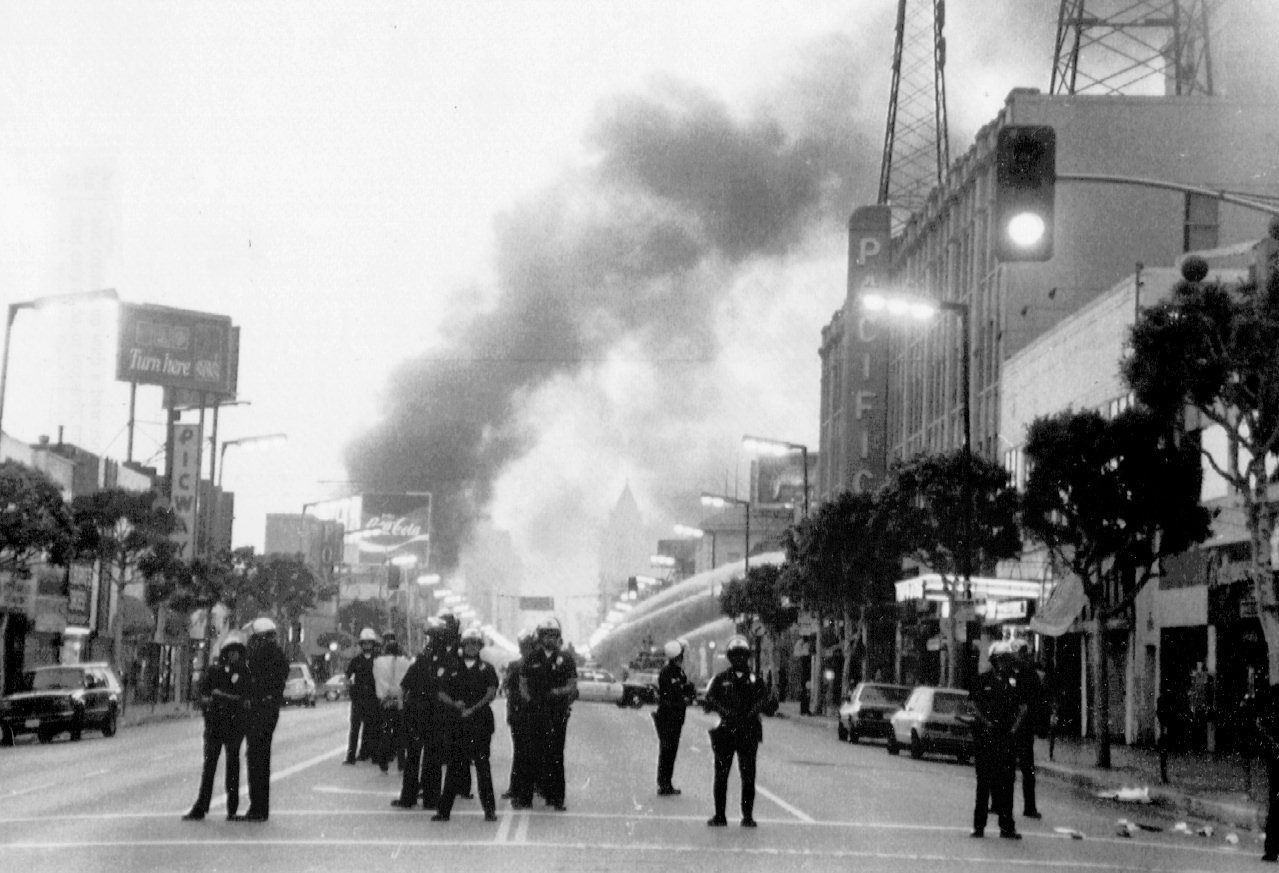Three decades after Rodney King, executives are again promising their companies can change. This time, will they?
Photo: Police lined up at Hollywood Boulevard after the Rodney King beating in Los Angeles, CA on May 1, 1992. Dayna Smith/The Washington Post/Getty Images
. . .
. . .
Entrepreneurs who are funded will continue to look the same — vastly white and male — “unless the check writers begin to look different and teams begin to look different.”
The problem is not intent — the tech community genuinely thinks it is meritocratic, Nichols says. “What we fail to realize is that business is always personal and never fully objective. And this business is hugely subjective.” Nichols, the co-founder of MaC Venture Capital, is among a small but growing number of Black-run venture firms that are directly targeting underserved founders, including Backstage Capital, Collab Capital, and Harlem Capital.
An unfortunate reality in Silicon Valley, Nichols says, is that “we like to be around people with similar experiences.” Entrepreneurs who are funded will continue to look the same — vastly white and male — “unless the check writers begin to look different and teams begin to look different.”
. . .
Read the full post by Steve LeVine and Marker here

